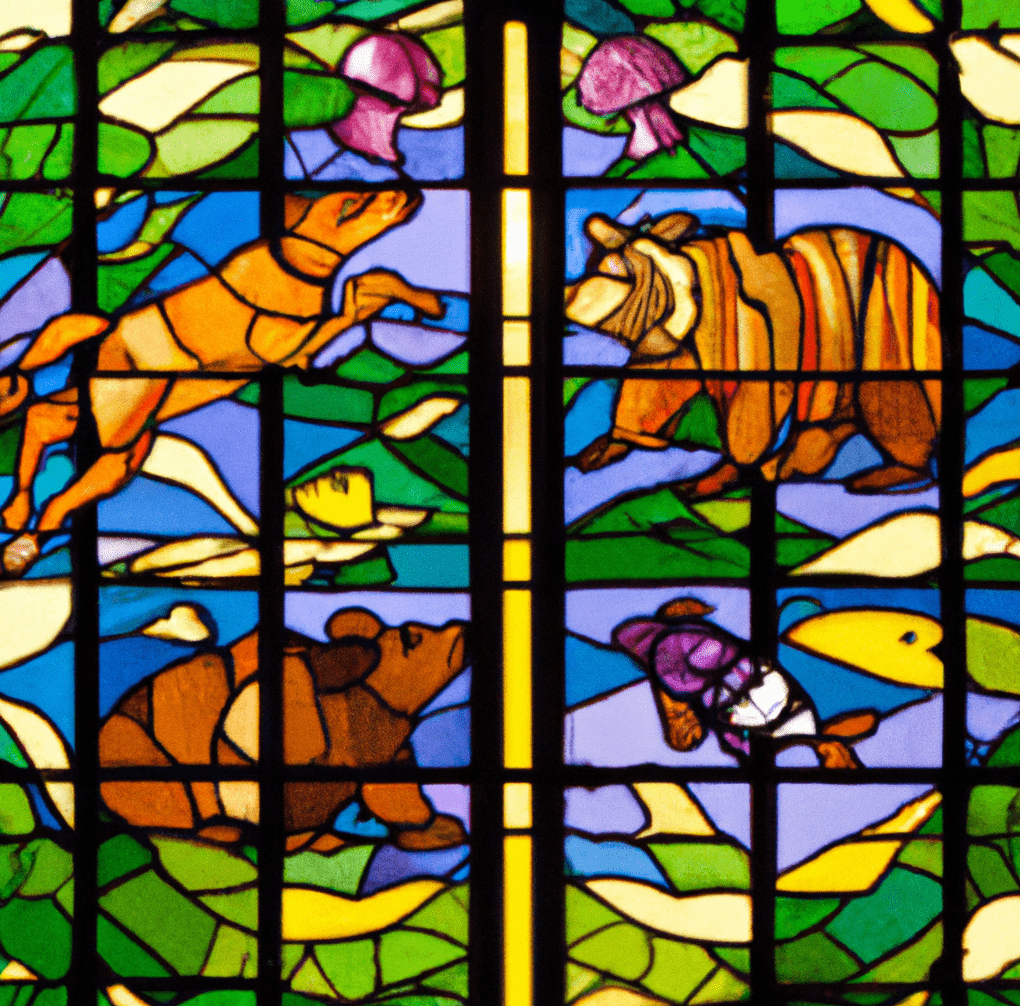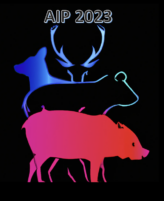The Dates for AIP 2024: 17-19 November!
The Call for Papers is Now Open!
The conference will span three half days to cater to different time zones.
Exact times will be determined after the abstracts have been selected.
Deadline for submissions: 31 July 2024
We encourage submissions from Undergraduate, Masters, and PhD students, as well as those in-between programs (you do not need to be currently registered as a student).
Selection will consider career stages, meaning PhD researchers will be held to higher standards. The selection criteria will also favour research that considers the animal perspective. We will not accept any presentation that degrades or promotes the commodification of any animal.

Please ensure your abstract does not contain objectifying language. Use ‘he/she/they’ and NEVER ‘it’ to refer to a non-human animal.
This year we are accepting 15 minute presentations. Your presentation can either be centred around a relevant topic of interest or student project. If you are presenting research from a student project, we recommend you consult with your supervisor before submitting.
When submitting you will be asked for a few details such as contact information, career/education stage, etc., Your presentation requires a title and an abstract (summary). In the ‘Abstract’ section you need to describe your research/topic in less than 1700 characters (~250 words). We also require a bio of less than 600 characters (~150 words) written in the third person. See here tabs above to navigate to 2022 and 2023 examples.
What if you have never presented at an academic conference before?
Then this is a great place to start! AIP strives to create a nurturing and supportive environment while introducing everyone to academic discussions and debates.
Not sure how to write an abstract or what is expected?
There are some FAQs and links to video resources here.
Drop-in sessions and workshops (more info coming soon)
AIP organisers are considering offering a couple of sessions on abstract writing and advice on what we look for when selecting abstracts. These are intended for undergrads, masters, and early-stage PhDs who have never presented before, but anyone is welcome if they have specific questions about this conference. Watch this space for announcements on these workshops.
Our ethos:
We welcome presentations from students with a variety of educational experience and early career researchers in anthrozoology and related fields (such as human-animal studies, natural sciences, or philosophy). Proposed presentations on topics in all areas of anthrozoology will be considered, and applicants from any university, college or country are welcomed.
This conference is a supportive, safe, and constructive space for students and early career researchers to present, discuss, and engage with peers.
The founders are graduates of the Anthrozoology programs at Exeter and embrace the Exeter Anthrozoology as Symbiotic Ethics (EASE) ethos (see the EASE philosophy here). Our interpretation of the EASE ethos follows.
We believe that any research involving otherthanhuman animals:
- must provide some benefit to individual participants
- should not cause emotional or physical harm as a result of participation
- offer individual autonomy to individuals of all participants
- should attempt to represent the viewpoints of all participating species
